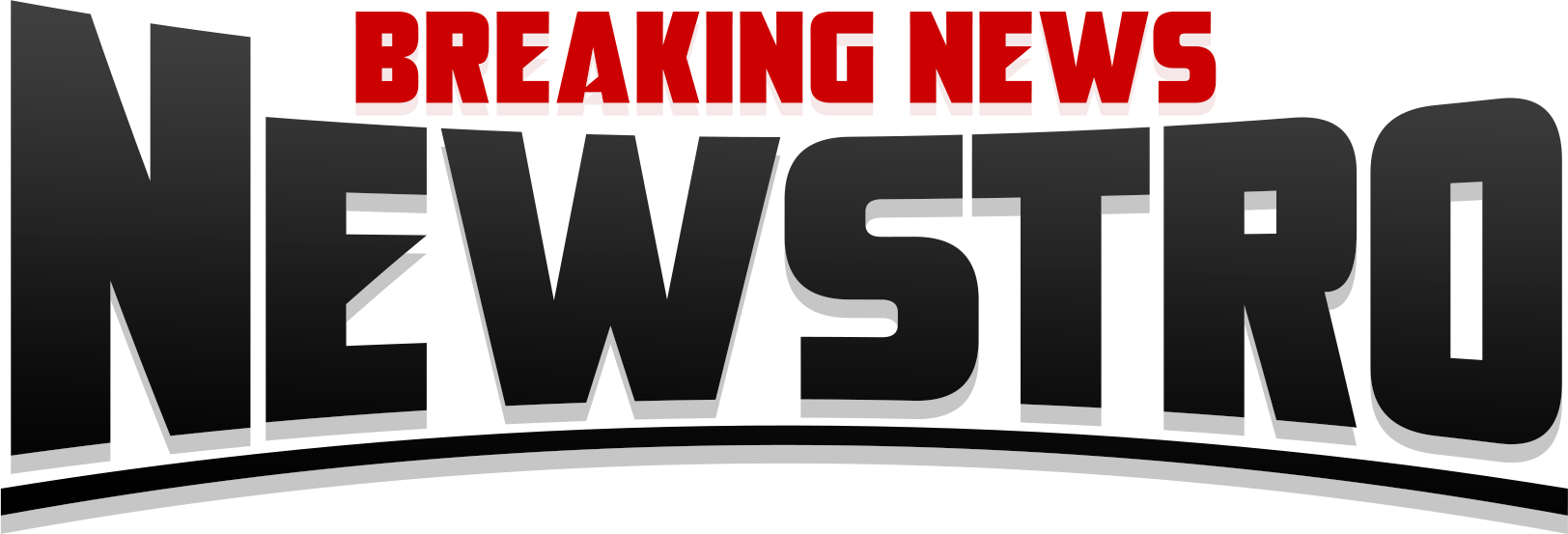Amidst the tumultuous political landscape in the U.S., a new survey reveals that over 70% of Americans lack confidence in their government’s capacity to protect them from a potential doomsday scenario.
Quick Facts
- Doomsday Clock: Established in 1947, this metaphorical measure indicates humanity’s vulnerability to catastrophic events. The closer it is to midnight, the nearer we are to global annihilation.
- Survey Insights: 71.2% of Americans express no trust in the U.S. government’s ability to prevent a doomsday event.
- Anticipated Catastrophes: 55.8% believe climate change will trigger Doomsday, while others fear another global virus, World War III, alien invasions, or even zombies.
The Doomsday Clock, initiated by atomic scientists including Albert Einstein, serves as a gauge for humanity’s closeness to global destruction. A recent survey by BonusFinder.com involving 6,200 Americans found that a significant majority have dwindling faith in the U.S. government’s capability to shield them from such a catastrophic event. Alarmingly, many anticipate that Doomsday might be imminent within the next year.
Various factors contribute to this sentiment. The majority believe that climate change will be the primary cause, while others fear another pandemic, the onset of World War III, or even extraterrestrial invasions. Interestingly, some even anticipate a zombie apocalypse in 2024.
The survey also highlighted the bipartisan nature of this distrust. For instance, 82% of respondents from the swing state of Arizona expressed skepticism about the government’s protective abilities. Additionally, states like Kansas, Alabama, Pennsylvania, and Oregon also showcased high levels of distrust.
Media consumption plays a pivotal role in shaping these perceptions. Over 16% of participants attribute their doomsday preparations to content consumed on social media platforms. Others cite news broadcasts and movies as influential factors.
Doomsday Preparations Across America
For those contemplating doomsday preparations, the most commonly stockpiled items include water, warm clothing, and extra food. Surprisingly, many are also ensuring they have extra pet food, while some believe they’ll need additional cash during such times.
Nebraska stands out as the most prepared state, with over half of its residents either already prepping or considering it. Montana and New Mexico follow closely. In contrast, states like Oklahoma and Idaho appear least prepared.
Nebraska also exudes the highest confidence in surviving a doomsday event, with nearly 65% of its residents believing in their survival capabilities. The survey further revealed that men are more inclined to prepare for doomsday than women. Financially, most respondents have invested between $1,000 to $4,999 in disaster preparations, with some even spending up to $10,000.
Original article source: StudyFinds
